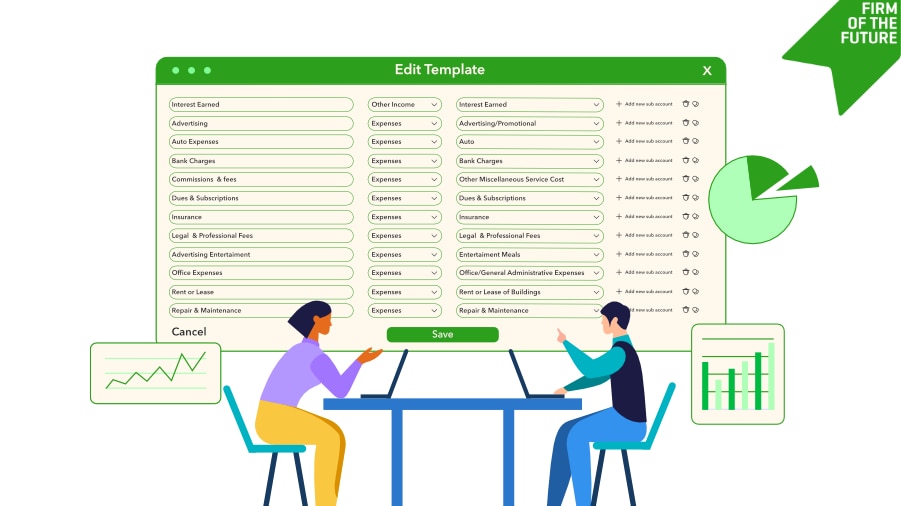Concrete Companies
Provided by Dave Kersting, Capovario
In business trades, the concrete industry plays a key role in construction and infrastructure, requiring expertise in materials, mixing, and large-scale project execution with complex logistics. Concrete businesses handle significant raw materials, labor, and specialized equipment, making detailed financial management essential.
Similar to many construction companies, concrete firms rely on job costing to ensure profitability. The CoA must track raw material costs, equipment usage and maintenance, and project-specific expenses. In addition, companies need to distinguish job-related expenses from operating expenses to avoid misclassification. A tailored CoA is vital for monitoring financial health, finding cost-saving opportunities, and ensuring accurate project billing.
I advocate for creating a CoA that uses parent and child accounts. Parent accounts serve as broad categories for income, expenses, assets, and liabilities, while child accounts provide specific breakdowns within these categories. This hierarchical structure enhances clarity and organization, making it easier to track and analyze financial data. For example, a parent account such as Cost of Goods Sold (COGS) can include child accounts, including "Cost of Labor," "Equipment Rental (Job Costed)," and "Supplies & Materials." This setup allows business owners to see a summary of their overall COGS at a glance, while also drilling down into specific cost components when needed. Similarly, parent accounts for income can have child accounts for different types of services, providing a detailed view of revenue streams.
The sample CoA will give you a solid foundation to analyze your client’s business at a glance and highlight your expertise in the field.
Download a sample chart of accounts for concrete companies




